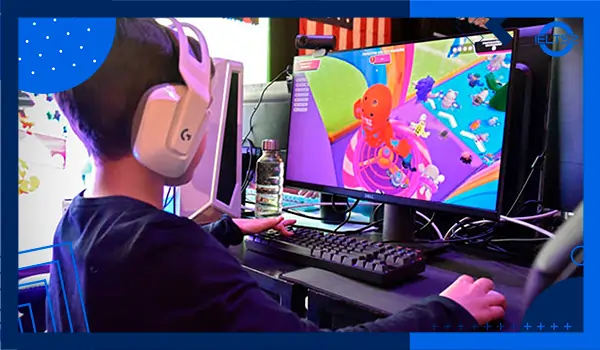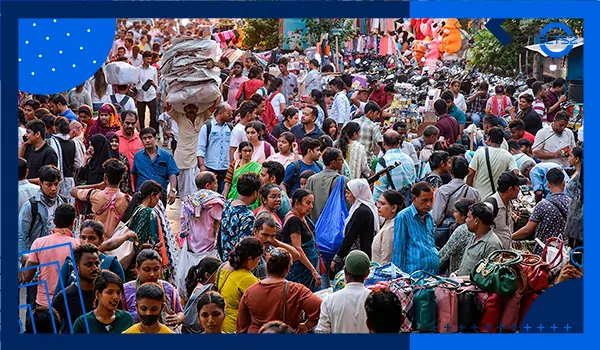📌Nowadays, most of the information is available on the Internet, whereas in the past, knowledge was stored in books and on paper.
Do you think the advantages of this situation outweigh its disadvantages?
More samples on IELTS2.com
The digital revolution has fundamentally shifted how we store and access information, moving it from physical books to the vast expanse of the internet. While this transition presents certain risks, I firmly believe that the benefits of having most information available online significantly outweigh the drawbacks.
The primary advantages of this shift are accessibility, dynamism, and storage efficiency. Firstly, the internet provides unparalleled access to information. Anyone with a smartphone and a connection can access a global library of knowledge, from academic journals to DIY tutorials, breaking down geographical and socioeconomic barriers to education that were inherent in the paper-based system. Secondly, digital information is dynamic. Unlike static books, online content can be updated in real-time, ensuring that users have access to the most current data, research, and news. This is crucial in fields like medicine, technology, and current affairs. Finally, the storage efficiency is undeniable. Vast libraries can now be stored on a single server, saving physical space and resources, and making the preservation and distribution of knowledge more sustainable and cost-effective.
However, critics rightly point out several disadvantages. The most significant issue is the lack of quality control and the proliferation of misinformation. Unlike the traditional publishing process which involved editors and fact-checkers, anyone can publish anything online, leading to the spread of fake news and unverified claims. Furthermore, the digital divide remains a concern, as those without reliable internet access are excluded from this information ecosystem. There is also the risk of digital amnesia, where over-reliance on the internet may impair our ability to retain information and think critically.
Despite these valid concerns, the advantages are more profound. The problem of misinformation can be mitigated through digital literacy education, teaching individuals to critically evaluate sources. Moreover, the issue of accessibility is being steadily addressed with global efforts to expand internet connectivity. The benefits of having a comprehensive, searchable, and constantly updated repository of human knowledge at our fingertips are simply too transformative to ignore.
In conclusion, while the migration of information online necessitates a more discerning and critical approach from users, the advantages—including democratized access, real-time updates, and efficient storage—are overwhelming. By fostering digital literacy, we can harness the internet’s potential as the most powerful knowledge tool humanity has ever created, ensuring its benefits far outweigh its inherent risks.
More Content for You
Students today can easily access information online, so libraries
Today the internet has replaced traditional books as a source of
تصحیح رایگان رایتینگ شما در کانال تلگرام ما




